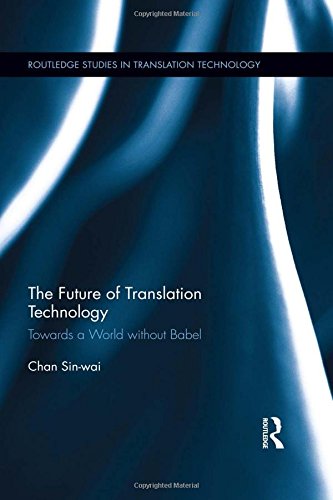

Most ebook files are in PDF format, so you can easily read them using various software such as Foxit Reader or directly on the Google Chrome browser.
Some ebook files are released by publishers in other formats such as .awz, .mobi, .epub, .fb2, etc. You may need to install specific software to read these formats on mobile/PC, such as Calibre.
Please read the tutorial at this link: https://ebookbell.com/faq
We offer FREE conversion to the popular formats you request; however, this may take some time. Therefore, right after payment, please email us, and we will try to provide the service as quickly as possible.
For some exceptional file formats or broken links (if any), please refrain from opening any disputes. Instead, email us first, and we will try to assist within a maximum of 6 hours.
EbookBell Team

0.0
0 reviewsTechnology has revolutionized the field of translation, bringing drastic changes to the way translation is studied and done. To an average user, technology is simply about clicking buttons and storing data. What we need to do is to look beyond a system’s interface to see what is at work and what should be done to make it work more efficiently. This book is both macroscopic and microscopic in approach: macroscopic as it adopts a holistic orientation when outlining the development of translation technology in the last forty years, organizing concepts in a coherent and logical way with a theoretical framework, and predicting what is to come in the years ahead; microscopic as it examines in detail the five stages of technology-oriented translation procedure and the strengths and weaknesses of the free and paid systems available to users. The Future of Translation Technology studies, among other issues:
This book is an essential read for scholars and researchers of translational studies and computational linguistics, and a guide to system users and professionals.